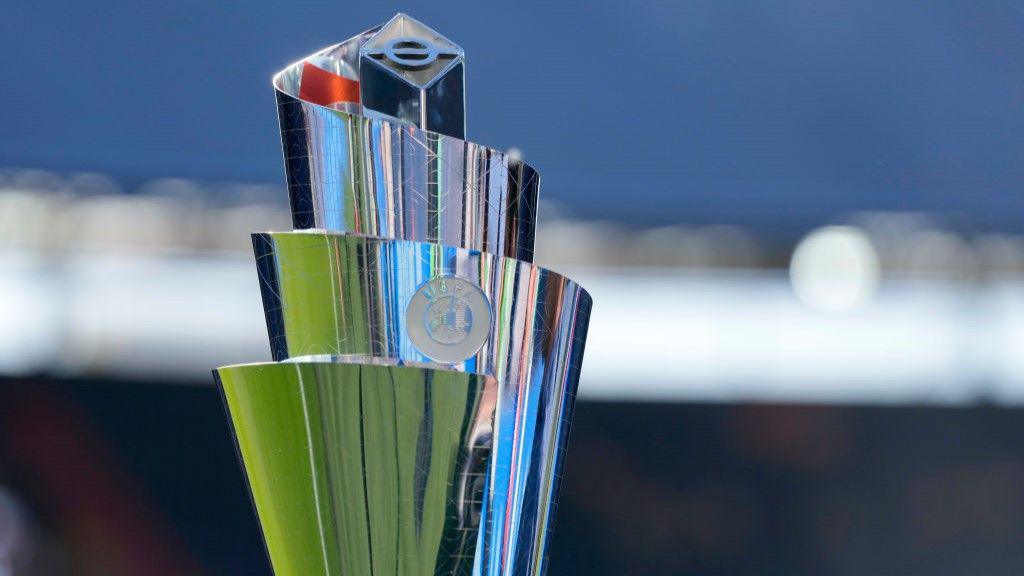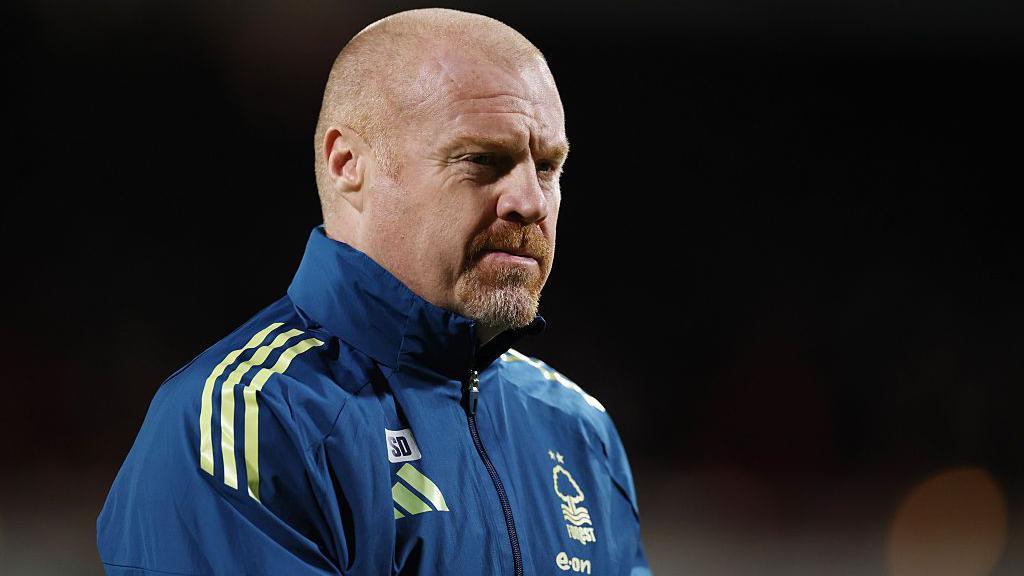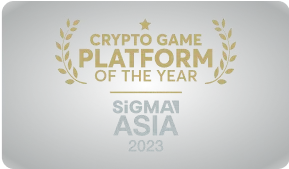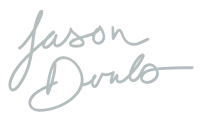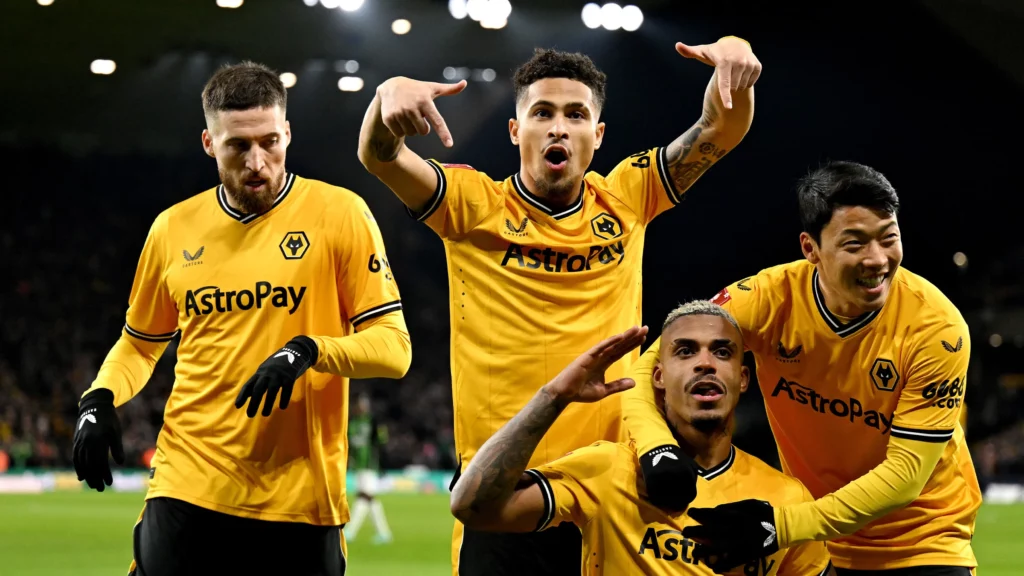
What would have been the reaction of Wolves supporters last August if they were told their team would reach an FA Cup quarter-final derby at home against a team from the Championship and secure a mid-table position in the Premier League? Most likely, they would have been bewildered.
However, Gary O’Neil’s initial half-year tenure has not led them into a relegation struggle but instead has sparked a resurgence of hope, reminiscent of the unity and progress experienced during Nuno Espírito Santo’s leadership.
Exemplifying the team’s spirit and determination, Mario Lemina netted the decisive goal in just two minutes against Brighton, a team hampered by severe injuries, rendering their significant ball possession futile. Now, Brighton’s focus shifts to pursuing success in the Europa League.
Dramatic Final Moments and Wolves’ Continued Success
In a thrilling conclusion to the match, Brighton’s goalkeeper, Jason Steele, found himself in an unexpected scoring position during the final moments, only to narrowly miss a golden opportunity. Steele, venturing forward for a corner kick as the game entered its 96th minute, had the chance to become an unlikely hero. A header from teammate Lewis Dunk set up the perfect scenario, but Steele’s attempt went awry, sending the ball wide from close range.
The Wolverhampton Wanderers, meanwhile, celebrated their fourth consecutive victory, a testament to their gritty and effective style of play. Their latest triumph, although not marked by aesthetic brilliance, mirrored their recent narrow victory over Sheffield United, proving that a single goal can indeed be decisive.
Wolves’ manager O’Neil, who took the helm just before the season’s start, has quickly become a beacon of hope, steering the team towards potential glory. As Wolverhampton secures a home game against Coventry in the upcoming semi-final, O’Neil’s strategic focus is clear, even as he acknowledges the quality of the opposition. Despite external expectations of an easy win, he emphasizes the need for his team to give their all.
On the other side, Brighton, hampered by the absence of nine key players, struggled to replicate the form that had previously led them to victory at Molineux. Despite these challenges, manager Roberto De Zerbi found positives in the performance of his young, reshaped team, suggesting that they are on track to maintain their previous season’s standards, despite current adversities.
Wolves’ Tactical Shifts and Brighton’s Dominance
Despite initially holding back key players Pedro Neto and Pablo Sarabia, Wolves managed to seize an early lead in the game. Jean-Ricner Bellegarde, stepping in as the forward, brilliantly evaded Jan Paul van Hecke and dashed down the left flank. His delivery led to a fumble by goalkeeper Jason Steele, allowing Lemina to swiftly capitalize on the error and net his fifth goal of the season.
Brighton, however, having triumphed in their last three visits, quickly took control. With their defenders, Igor Julio and Van Hecke, advancing into attack, they confined Wolves to their half. Despite their dominance and a prime opportunity for Facundo Buonanotte, who missed a crucial header, Brighton couldn’t level the score.
Wolves had chances to extend their lead, notably when Santiago Bueno failed to connect properly with a free kick. A defensive lapse from Julio almost allowed Bellegarde to double the advantage, but Steele intervened with a critical tackle.
The game’s intensity increased as Brighton introduced Danny Welbeck and adjusted their formation, enhancing their attack while still allowing Wolves dangerous counter-attacking opportunities. Even with Neto and Sarabia’s later involvement, Wolves maintained a threatening presence on the break, nearly doubling their advantage on multiple instances.
Hwang Hee-chan’s Injury Update and Brighton’s Tactical Play
Hwang Hee-chan has suffered a slight hamstring issue, as noted by Coach O’Neil, casting doubt on his participation in the upcoming match against Newcastle. O’Neil expressed his skepticism about Hwang’s availability for Saturday’s game, joking that he now has extra time to strategize over his team’s forward position choices.
In preparation for their forthcoming Europa League match against Roma, Brighton judiciously rotated their squad, utilizing all five substitutions to conserve player energy. They prioritized possession over exhaustive play, a strategy that resonated well with the fans and proved more advantageous than relentless pursuit.
During the match, the Molineux supporters acknowledged the tactical exchange: Brighton was allowed control over the ball in exchange for progress in the competition. The chants of “Gary O’Neill’s barmy army” filled the stadium, supporting the team even as Brighton intensified their efforts to score an equalizing goal.

